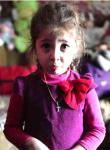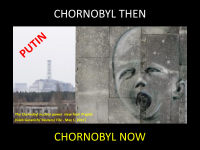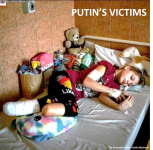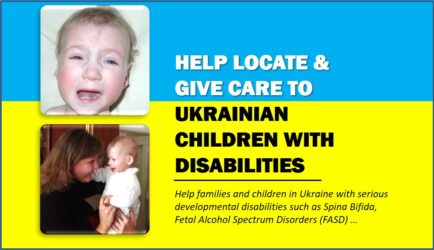Our websites offer information mostly for educational purposes with no intent to alter health care protocols nor to serve as a sole source of medical information.
Always seek the advice of your local health care provider.
|
×  Get the Point! PAIN – WOMAN – UKRAINE – PUTIN MOTHER – SISTER – SPOUSE – MOTHER RUSSIAN WAR – HOLOCAUST – GENOCIDE |
PULSE (in Brief)
In current times, "pulse" conveys ideas mostly restricted to its medical connotations, a loss of the poetic "ideas" inherent in pulsating notions inherent in music and even in apocalypse. Expressions "what is the pulse - of the country or of sea waves" stand as examples. The arterial pulse reflects the cardiac beating or strikes causing waves of blood that strike arteries with rhythmical pulsating swells or heaves. Then, what about "pulsar"? - in Spanish which can denote "petting" as if the rhythmic gentle striking fingers can induce pleasurable reverberations in a beloved ... but changing the "beat" or rythm it can cause alarm - in either case, if it induces a strong reaction, in most it can also cause striking changes of heart strokes - this sort of pathway brings us also to the Spanish word - "pulsera" or a bracelet embracing the wrist, a site where most people "feel for the pulse". To expand further, music must also have a pulse to impulse our feelings ... the "beat" of music guided by a baton beating the rhythm for an orchestra reverberates among listeners. More remotely, is the "beat" or pulse of life itself, a cardinal property of the living ... pulsating matter need not be living but there are no living among those without a pulse. Perhaps those among you who are not inclided toward poetry shoud ponder that in Ukrainian "pulse" is "zhyvchyk" wich means "the lively one" and a synonym is, believe it or not, "beat-nik" which stands for "the one who beats". In the companion overview, ideas inherent in pulse and beat battle and their path reaching as far as apoplexy and apocalypse are combined with those conveyed by the silent language of classic paintings.
20120814ww







